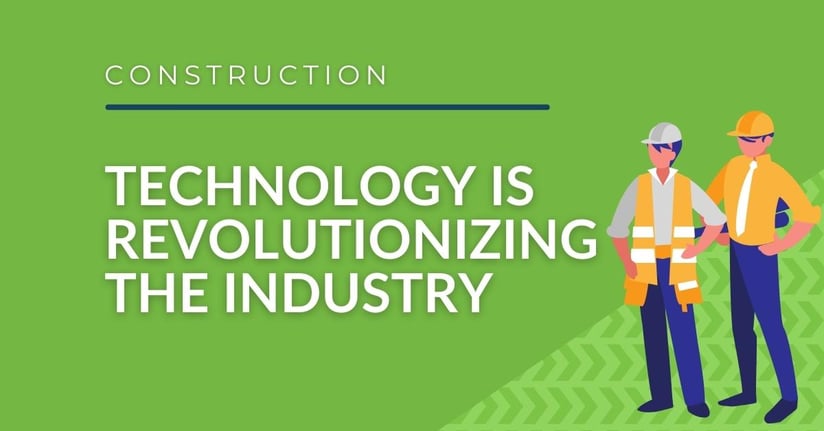In today's fast-paced world, simply adding more people to a project team is not always enough to ensure efficient collaboration. Thankfully, technology has revolutionized the way we work together. With real-time access to up-to-date project information for owners, architects, project managers, suppliers, and subcontractors, everyone is able to make quicker and more informed decisions. This can improve scheduling decisions and get resources delivered to job sites faster.
But technology doesn't just stop there. It has also greatly improved the accuracy and detail of estimating in preconstruction. For example, it's very common to find businesses using drones for earthwork. They can quickly conduct scans of different terrains, plan and design various models, track a job site's progress, and more. Drone technology has allowed construction companies to collect data faster and track a project's material usage in real time. Using estimating software with capabilities like "snap to grid" and "advanced pattern search" can increase businesses' overall accuracy and efficiency tenfold.
One of the biggest challenges in construction is supply chain disruptions, which can result in costly delays. But with an ERP software solution that provides valuable insight into supply management and logistics, project managers will be able to avoid scheduling disruptions and delays. With this information and better insight, project managers can effectively manage job conditions.
The use of artificial intelligence (AI) has streamlined accounting and admin processes especially. If you're manually tracking invoices and filing physical documents, things can get messy. With a paperless solution, you're able to scrape those documents and use that valuable time that was spent on data entry to improve your accounts payable processes. Plus, AI can apply logic to send documents to the right person for approvals, manage overdue tasks, and generate reports based on predefined terms, all without the need for user initiation.
Another crucial aspect of the construction industry is managing compliance. With its complex matrix of requirements, it can be challenging for a team of experts to handle in-house. That's where electronic compliance tools come in. They simplify and centralize documents and procedures, allowing for proactive tracking of exceptions. This ensures that construction firms can meet building codes, insurance and bonding requirements, credit and background checks, prevailing wage and union payroll requirements, lien requirements, safety regulations, and much more.
As you can see, technology has revolutionized the construction industry by enhancing collaboration, increasing the accuracy in estimating, decreasing supply disruptions, streamlining accounting and administration processes, and managing compliance. By embracing these technological advancements, construction firms can work more efficiently, make better decisions, and ultimately deliver more successful projects.




